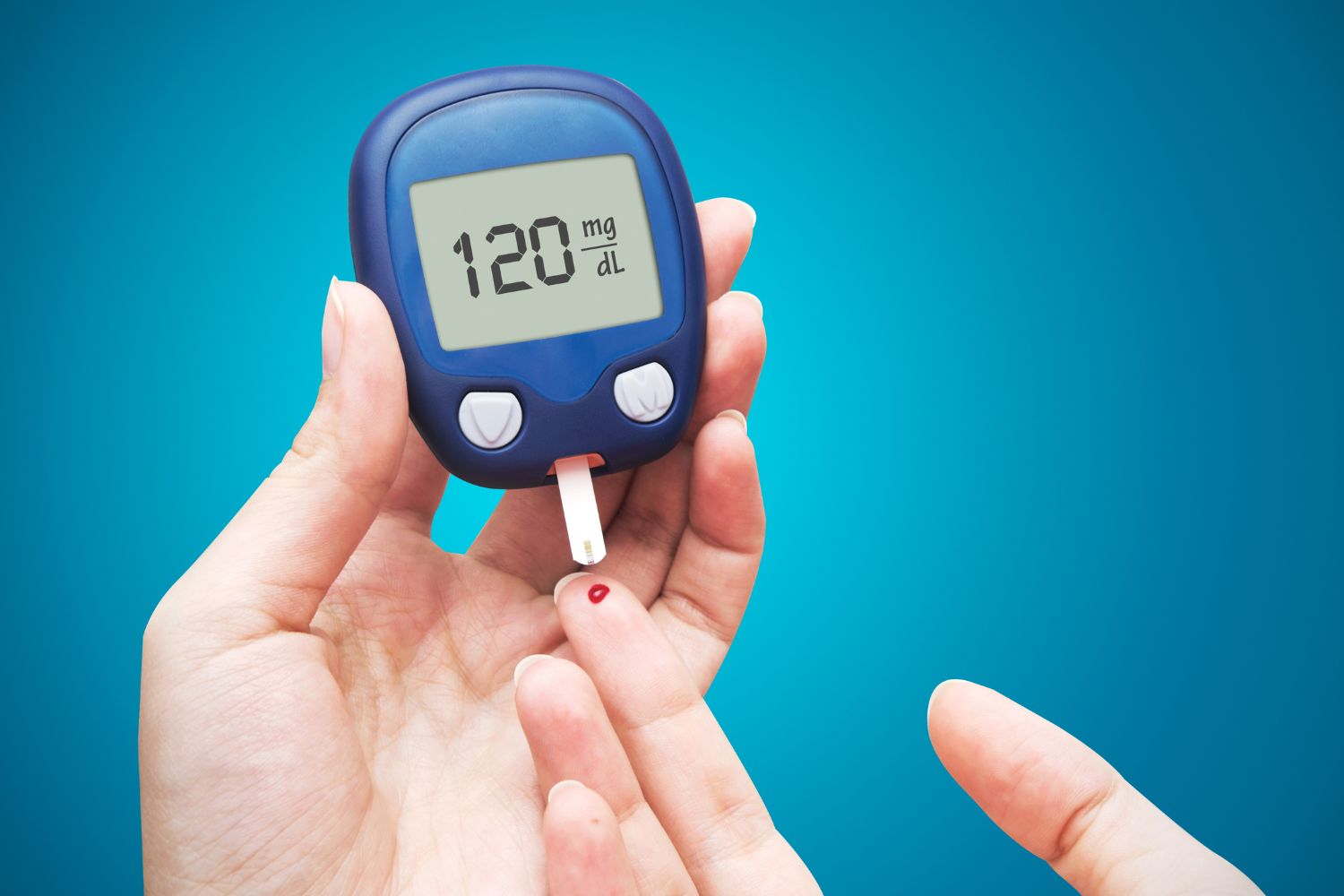All You need to Know about Symptoms of Diabetes.
Posted on : February 11, 2024
Understanding Diabetes: Recognizing its Symptoms
Diabetes is a condition that affects millions of people worldwide. It occurs when your blood sugar levels are consistently too high. One of the key aspects of managing diabetes is recognizing its symptoms early on. In this blog, we'll explore 10 common symptoms of diabetes that you should be aware of.
Increased Thirst:
- One of the most common symptoms of diabetes is feeling constantly thirsty. This excessive thirst, known as polydipsia, occurs because high blood sugar levels cause your body to urinate more frequently, leading to dehydration.
Frequent Urination:
- Diabetes can cause you to urinate more frequently than usual. This is because your kidneys work overtime to filter and absorb the excess sugar in your blood, leading to increased urination.
Extreme Hunger:
- Despite eating regular meals, people with diabetes may experience extreme hunger due to their body's inability to properly utilize glucose for energy. This condition, known as polyphagia, occurs because the cells are deprived of energy, leading to persistent hunger pangs.
Fatigue:
- Feeling tired or fatigued is another common symptom of diabetes. When your cells are unable to access glucose for energy due to insulin resistance or deficiency, you may experience persistent fatigue and weakness.
Unexplained Weight Loss:
- If you're losing weight without trying, it could be a sign of diabetes. When your body doesn't produce enough insulin or becomes resistant to insulin, it can't properly metabolize glucose for energy. As a result, your body starts burning fat and muscle for fuel, leading to unexplained weight loss.
Blurred Vision:
High blood sugar levels can affect the shape of your eye's lens, leading to blurred vision. If you're experiencing sudden changes in your vision, it's essential to get your blood sugar levels checked, as this could be a symptom of diabetes.
Slow Healing Wounds:
- Diabetes can impair your body's ability to heal wounds and infections. High blood sugar levels can damage blood vessels and affect circulation, leading to delayed wound healing and increased risk of infections.
Tingling or Numbness in Hands and Feet:
- Diabetes can cause nerve damage, known as diabetic neuropathy, which can lead to tingling, numbness, or pain in your hands and feet. This condition can significantly impact your quality of life if left untreated.
Recurring Infections:
- High blood sugar levels weaken the immune system, making people with diabetes more susceptible to infections. Common infections associated with diabetes include urinary tract infections, yeast infections, and skin infections.
Irritability and Mood Swings:
- Fluctuations in blood sugar levels can affect your mood and emotional well-being. People with diabetes may experience irritability, mood swings, or difficulty concentrating when their blood sugar levels are too high or too low.
Recognizing the symptoms of diabetes is crucial for early diagnosis and effective management of the condition. If you're experiencing any of these symptoms, it's essential to consult your healthcare provider for proper evaluation and treatment. With proper care and management, people with diabetes can lead healthy and fulfilling lives.
Disclaimer: The content on this blog serves educational, informational, and awareness purposes only and does not replace professional medical advice, diagnosis, or treatment. Consult your doctor/healthcare provider before acting on any information provided. Relying on the blog content is at your own risk. SCG Healthcare Private Limited bears no responsibility for any consequences resulting from the use of this information.

